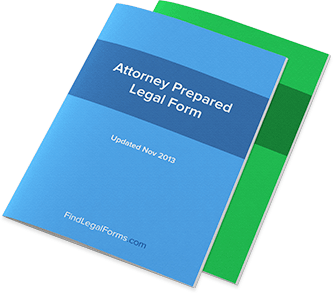Cash Requirements for the Purchase of a Home**
The amount of money that you will have to come up with to buy a home depends on a number of factors, including the cost of the house and the type of mortgage you get. In general, you need to come up with enough money to cover three costs:
• Earnest Money: the deposit you make on the home when you submit your offer, to prove to the seller that you are serious about wanting to buy the house
• Down Payment: a percentage of the cost of the home that you must pay when you go to the closing and
• Closing Costs: the costs associated with processing the paperwork to buy a house
When you make an offer on a home, your real estate broker will put your earnest money into an escrow account. If the offer is accepted, your earnest money will be applied to the down payment or closing costs. If your offer is not accepted, your money will be returned to you. The amount of your earnest money varies. If you buy a HUD home, for example, your earnest money deposit generally will range from $500 – $2,000.
The more money you can put into your down payment, the lower your mortgage payments will be. Some types of loans require 10-20 percent of the purchase price. That’s why many first-time home buyers turn to the FHA for help. FHA loans require only 3 percent down – and sometimes less.
Closing costs, which you will pay at closing, generally average 3 to 4 percent of the price of your home. These costs cover various fees that your lender charges and other processing expenses. When you apply for your loan, your lender will give you an estimate of the closing costs, so you won’t be caught by surprise. If you buy a HUD home, HUD may pay many of your closing costs.
The savings and cash you currently have available can be used to support your up- front payments such as the closing costs and down payment for your home. Consider what savings and cash you will have left after paying your up-front costs to support non-housing-related expenses and emergencies (i.e. unexpected car repairs, credit card payments, car loans). Most lenders prefer that homeowners have three months of living expenses available after closing on the loan. The up-front cash requirements include:
Closing Costs: You need to pay these up-front costs when you close on your home. Closing costs generally depend on the location of the house and the type of loan program. There are opportunities to negotiate closing cost expenses with the seller and lender. Furthermore, there are opportunities to finance some portion of the closing costs as part of the loan amount. Some typical closing costs are:
• Fees paid to the lender
• Fees paid in advance
• Other charges
• Origination fee
• Discount points
• Credit report fee
• Appraisal fee
• Assumption fee if loan is assumed
• Interest from the closing date to the beginning of the 1st payment
• Hazard insurance premium
• Mortgage insurance premium
• Title search and title insurance
• Sales commissions
• Legal and recording fees
• Inspection and survey fees
• Property taxes and other adjustments
• Processing and document preparation fees
Down Payment: This percentage of the sales price must be paid up-front and can vary by lender, location, and loan program. A higher down payment generally translates into lower loan interest rate requirements. While conventional loan down payments may be close to 20 percent of the sales price, government loans typically have lower down payment requirements. This allows potential home buyers who normally can not meet down payment requirements an opportunity to qualify for a mortgage. Keep in mind that down payments less than 20 percent of the sales price typically require mortgage insurance payments.
**

